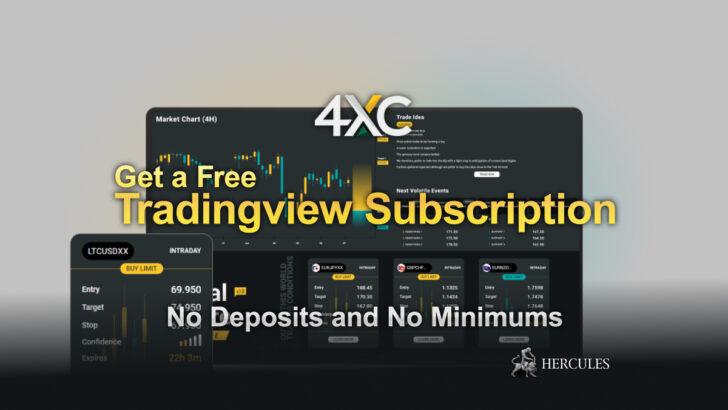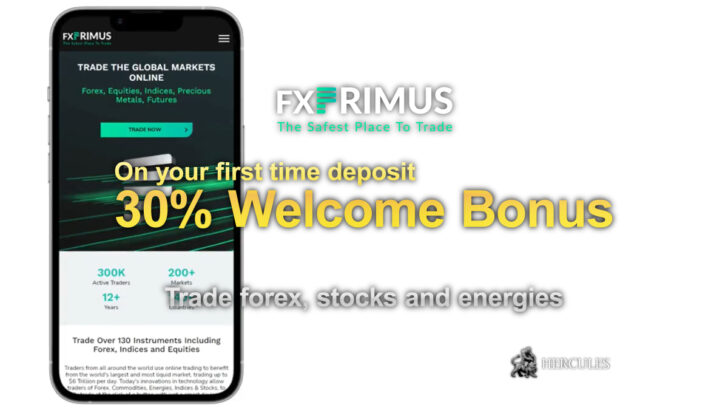Categories
What's the difference between Forex and Futures markets?
FX (Forex) and Futures markets, which one if better? What is the difference?
What is the difference between Forex market and the futures market?


- What are Forex and Futures?
- 2 major differences of “Forex” and “Futures”
- 6 Reasons to invest in Forex but not Futures
- Forex is a highly trending markets
- Suitable for any types of investors
- Streaming pricing with no exchange fees
- High Leveraged Trading
- Consistent Margins
- 24 hour trading and 5.5 days a week
What are Forex and Futures?
The majority of traders-beginners quite often can not understand the difference between Forex and the futures market.
This fact can lead to the wrong choice of the further trading platform.
That is why before commencing your own financial activity and trading it is worth finding out the difference which exists between the futures market and Forex.
First of all it important to understand that the futures market performs some kind of trading platform for the execution of futures contracts.
In this market parties usually make transactions to buy/sell some commodities and shares the price of which is fixed by the futures contract.
2 major differences of “Forex” and “Futures”
There is not a considerable difference between the futures market and Forex for brokers as irrespective of the type of sales they receive their interests from every transaction which finally brings them profit.
As for traders there an obvious difference for them.
If in Forex trading is performed in the single market, futures trading implies transactions only in the frames of a particular stock market with a certain contract.
It is worth noting that one of the advantages of Forex market is its liquidity allowing to realize assets within the shortest possible time and with a big profit for the trader.
Moreover, in the futures market there is not such a notion as spread, the market does not provide a leverage to the trader which clearly distinguishes it from Forex.
Invest in Forex and Futures market online
Forex market is the biggest
Forex market is the biggest trading platform in the world with the highest liquidity.
The total amount of daily transactions made in the market reaches 1.5 billion dollars.
In the futures market this turnover is considerably less and takes up around 25 million dollars.
Forex market runs 24/7
One more thing is that Forex works almost 24/7 without any restrictions for the traders which allows to make transactions according to the chosen strategy at the most convenient time.
The futures market is not so flexible.
One can make transactions only at clear-cut time.
An obvious disadvantage of the futures market is the necessity to pay for different services via mediators which does not really satisfies traders.
The plus of Forex market is that a trader has the opportunity to manage only the amount available on the account in contrast to the futures market where the transaction can be closed with negative positions followed by after-payment.
Forex market can probably offer more opportunities to traders-beginners as it does not require a big capital to start trading.
And finally the chance to improve and master new trading platforms will finally allow a trader to achieve a new, higher professional level and increase funds.
6 Reasons to invest in Forex but not Futures
Remember that both futures and forex trading involve risk.
Forex trading is not conducted on a regulated exchange and as a result, there are additional risks associated with forex trading.
Foreign exchange is the principal market of the world.
Everything we do is valued in money, from physical goods to time spent to services performed.
Money is the root of all pricing and is the basis of all trading.
For example, in the futures market, if you wanted to trade coffee from Mexico using U.S. dollars, you would first have to convert your dollars to pesos.
Since you have to start by exchanging a currency to trade something in a foreign market, forex is considered the principal market, and it is the one on which all others are based.
Although there are many differences between forex and futures trading, futures traders often find it easy to make the transition into forex trading.
Market liquidity, pricing structure, available leverage and open hours are just some of the differences.
Choose your Forex Brokers here
1. Forex is a highly trending markets
The forex market offers some of the smoothest trends available in any market.
No other market comes close to the volume and participation in the forex market, making it a haven for traders seeking fewer price gaps and erratic spikes, and other choppy conditions found in lower volume markets such as futures or options.
Because the market is only closed briefly on weekends, market gaps (although possible) are limited, which results in greater and more consistent liquidity.
2. Suitable for any types of investors
Because of the trending nature of the forex market, it is appealing to both technical and fundamental traders.
Fundamental traders monitor worldwide cash flows, and take mid-to-long term positions based on analysis of currency supply and demand.
Technical traders look for repeating market patterns displayed on price charts, and may use indicators to help determine if a currency is overbought or oversold.
The trends of the forex market provide ideal conditions for both types of analysis.
3. Streaming pricing with no exchange fees
Though some speculators are unaware, all financial markets have a spread (the difference between the bid and ask price).
In futures, you are also charged commission, clearing and exchange fees.
Many online Forex brokers offer commission-free forex trading, but we are compensated by revenues from our activities as a currency dealer, which include the proceeds from buying, selling, converting as well as holding currencies and interest on deposited funds and rollover fees.
In forex, the price offered is a real-time price and it is the price at which you actually buy or sell.
In futures, you buy or sell based on the last price traded (the tick price).
Because futures go by tick prices, it is common that by the time your order is placed, the price at which you actually buy or sell may be different from the displayed tick price.
4. High Leveraged Trading
One of the most significant benefits of currency trading is the high amount of leverage that can be used. With up to 400:1 leverage, traders can control larger positions with less capital.
Please note that without appropriate use of risk management, a high degree of leverage can lead to large losses as well as gains.
5. Consistent Margins
In forex trading, customers have one margin rate for trades placed 24 hours a day (3 PM – 3 PM).
Depending on the size of the trade, your margin requirement can be less than 1 percent.
In futures trading, the margin rate can vary throughout the day depending on market volatility, and is higher at night because the market is closed and brokers have to cover their risks.
Many online Forex brokers give you one margin rate all the time for currency trading with no margin calls and no hassles, so that you can manage your own risk efficiently and simply.
6. 24 hour trading and 5.5 days a week
The forex market is open 24 hours a day, 5.5 days a week – as a market closes in one time zone, another is opening in a different time zone.
When the Pacific Rim markets such as Japan and Singapore begin to slow, the European markets of England, Switzerland and Germany begin.
These forex markets are followed by the North American markets of the United States, Canada and Mexico.
As the North American markets begin to slow down for the evening, the Pacific Rim starts their trading day again.
This allows any trader in any time zone to trade forex any time, day or night.
In forex, there is no need to wait for the market to open when news has already hit the streets or to stop trading because the futures pits have closed for the day.
This gives the forex trader added flexibility and continuous market opportunities that are not available in futures.
Futures are traded when the exchange is open for the day.
There is “after hours” trading in futures, but order size and type is limited and spreads are generally wider.
This is because there is a higher risk and less ability to manage risk when the futures markets are unofficially open.








